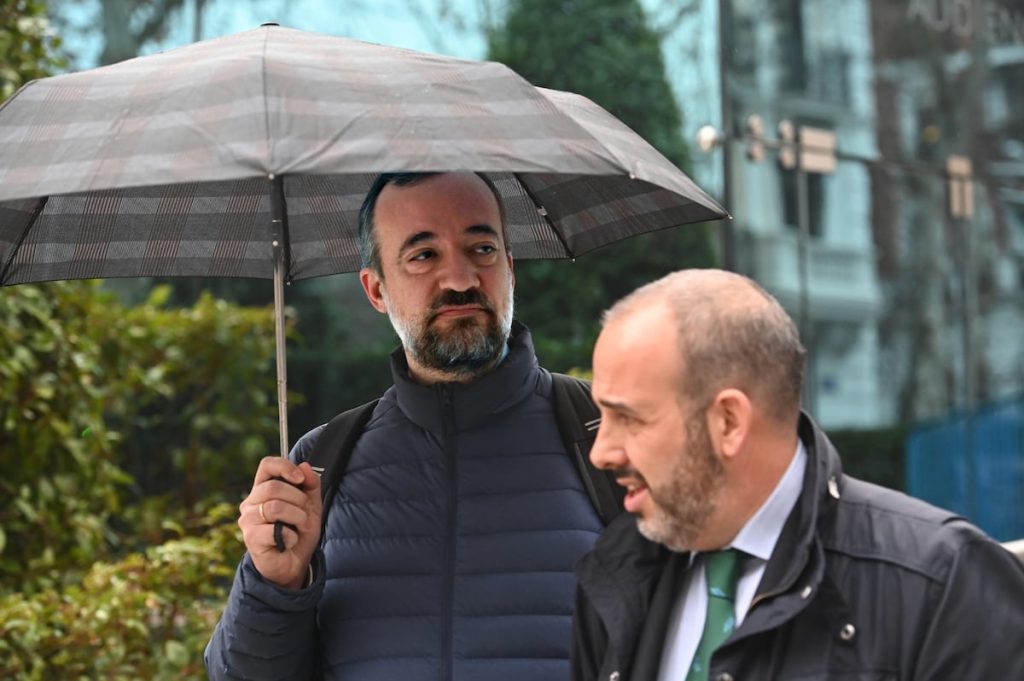Judge Manuel García-Castellón, the investigating judge of the National Court, rejected a request from the Spanish Socialist Party (PSOE) to charge Francisco Martínez, former Secretary of State for Security in the government of Mariano Rajoy (PP), and Commissioner José Manuel Villarejo for allegedly targeting the family of the Prime Minister, Pedro Sánchez. The PSOE had asked the judge to investigate a conversation they had in 2014 about the business dealings of Begoña Gómez’s father and two uncles, the wife of the Prime Minister. The party suspected they were seeking information to damage the reputation of Sánchez, who had just been elected as the party’s general secretary.
Judge García-Castellón stated that there was no evidence that the information regarding Sánchez’s father-in-law came from any investigation involving José Manuel Villarejo, Commissioner of the National Police, and Francisco Martínez. He suggested that the information may have come from the contacts of another commissioner with Sánchez’s father-in-law. The judge also highlighted the lack of criminal relevance in the information exchanged during the conversation, as it did not relate to any illegal activities but rather to lawful professional or commercial activities that were not criminally protected.
The PSOE’s request for charges came after Sánchez had considered resigning following a court accepting a complaint against his wife for alleged influence peddling and corruption in business. The party connected this complaint to the conversation between Villarejo and Martínez, insinuating a decade-long persecution against Sánchez by the right and far-right, involving the so-called patriotic police. However, the judge and the prosecutor dismissed the possibility of charges for administrative misconduct, disclosure of secrets, or embezzlement in relation to the conversation.
The conversation between Villarejo and Martínez, held in 2014 shortly after Sánchez was elected as the general secretary of the PSOE, revealed detailed information about the business dealings of Begoña Gómez’s family members. The PSOE raised concerns about potential criminal offenses, but the judge emphasized that the conversation had been public knowledge for almost two years and that the party had only recently requested an investigation into it.
Ultimately, the judge’s ruling, supported by the prosecution, concluded that there was no criminal wrongdoing in the information exchanged between Villarejo and Martínez. The judge highlighted that the conversation did not involve any illegal activities and that there was no evidence of a criminal offense in the origin or source of the information discussed. Despite the PSOE’s efforts to push for charges against the former Secretary of State and the Commissioner, the judicial authorities determined that no legal action was warranted based on the information exchanged during the conversation.














